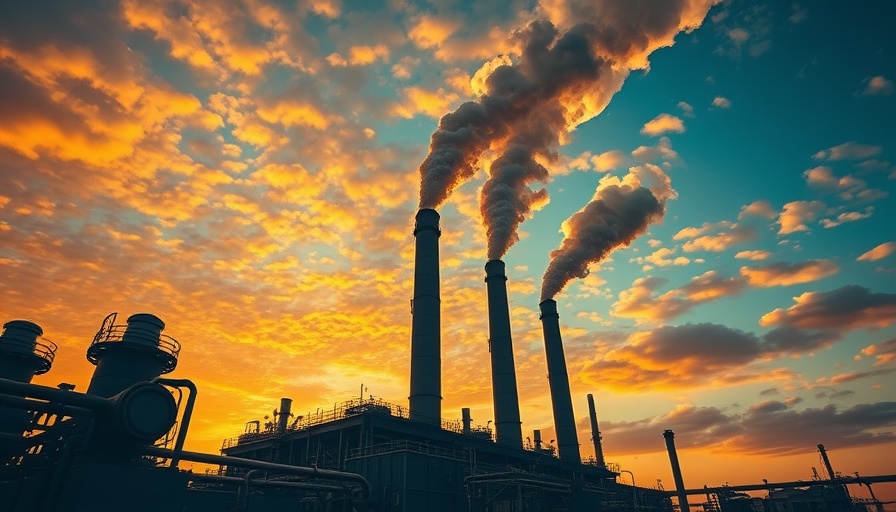
Understanding Carbon-Related Tariffs
As climate change continues to be a pressing global concern, the concept of carbon-related tariffs has emerged to level the playing field in international trade. But what exactly are these tariffs?
Carbon-related tariffs impose fees on imports correlated with the carbon emissions associated with their production. The underlying idea is simple: if a country has stringent climate regulations and imposes costs on local businesses for their emissions, imported goods that lack similar restrictions could undermine these industries. This imbalance can put domestic manufacturers at a disadvantage, especially if they adhere to more environmentally friendly practices.
The Global Shift Towards Sustainability
Countries worldwide are increasingly recognizing the need to invest in renewable energy and green technology. Carbon tariffs could act as a strong motivating factor for nations to adopt cleaner production methods. By imposing fees on imports based on their carbon footprint, countries are encouraged to ramp up their domestic green initiatives to avoid these additional costs.
For instance, the European Union is leading by example, proposing carbon tariffs to ensure that the costs associated with carbon emissions are reflected in the price of imported goods. This could not only enhance the competitiveness of local firms but also drive down global carbon emissions.
Challenges of Implementing Carbon Tariffs
However, enforcing these tariffs is not without its difficulties. One significant challenge lies in the global supply chain. A product may undergo production through multiple countries, each with different environmental regulations. This complexity makes it hard to accurately assess the carbon emissions attributed to an imported item, which in turn complicates enforcement strategies.
Moreover, these tariffs can alienate small developing economies that may lack the resources or technological capabilities to transition to greener production practices. Some critics argue that imposing such tariffs could unintentionally exacerbate economic disparities and hinder development in poorer nations.
Broader Implications for Industries and Economies
The implications of carbon-related tariffs extend beyond international trade to various industries, particularly those heavily reliant on fossil fuels. The transition to a low-carbon economy necessitates adaptation and investment in cleaner technologies. Companies involved in fossil fuel extraction and usage may face substantial financial burdens due to increased operational costs arising from these tariffs.
On the flip side, industries geared towards renewable energy, energy efficiency, and green technology stand to benefit. As more countries introduce carbon tariffs, the demand for sustainable products and solutions is likely to rise, creating new market opportunities for eco-friendly businesses.
Future Predictions: The Path Forward
Looking ahead, carbon-related tariffs could play a vital role in shaping energy policy and international trade dynamics. As more nations commit to aggressive climate goals, we might see an increasingly standardized global approach to carbon tariffs.
In conclusion, carbon-related tariffs present both challenges and opportunities. They highlight the critical need for countries to collaborate on climate issues and create fair regulations that uphold environmental standards while considering economic equity.
 Add Row
Add Row  Add Element
Add Element 


 Add Row
Add Row  Add
Add 


Write A Comment